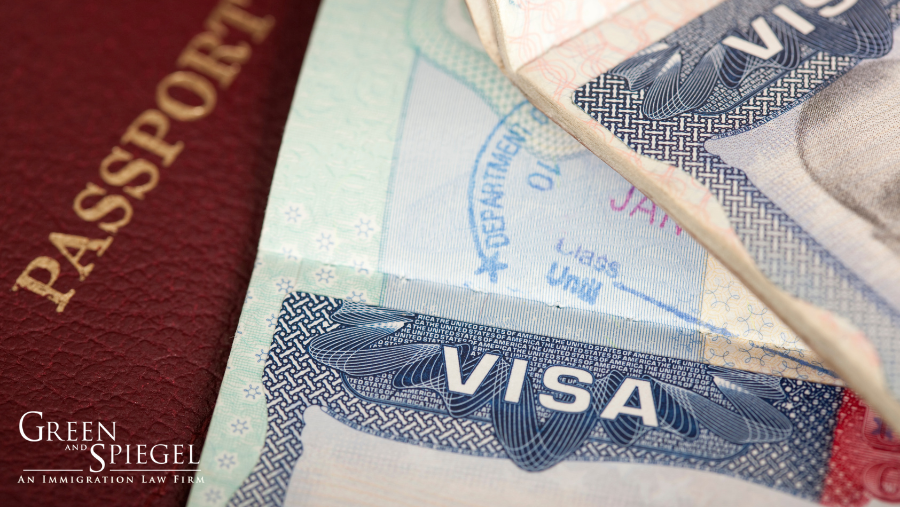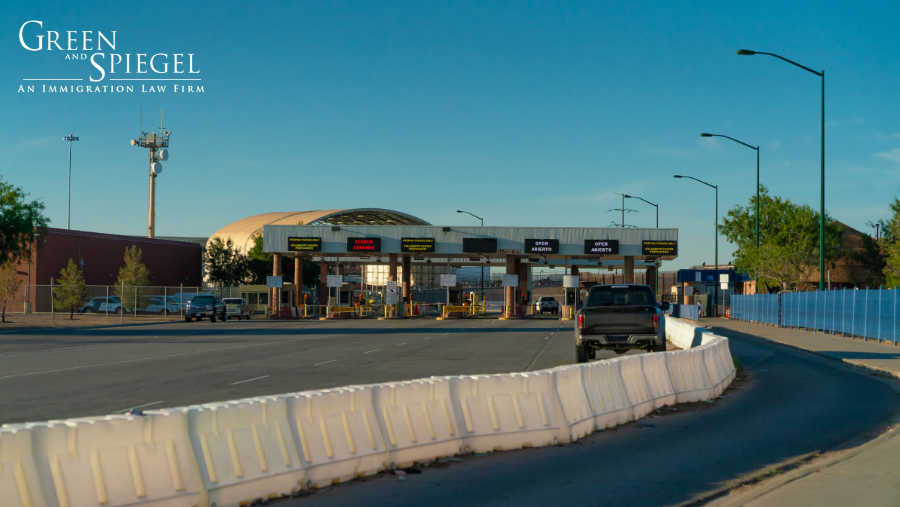On February 22, 2021, the Supreme Court agreed to hear arguments and determine the legality of the Trump Administration’s immigration rule that bars individuals from receiving residency if they previously received public benefits. The rule is commonly referred to as the “public charge rule.” Legal challenges to the rule have wound their way through the federal court system and now the final decision about the validity of the public charge rule rests with the Supreme Court.
The public charge rule was previously announced by USCIS on August 12, 2019, and states that a foreign national may be denied admission to the United States or adjustment of status to that of a Lawful Permanent Resident if they have received, or are likely to receive, government-issued public benefits. The rule potentially barred immigrants who were likely to receive Medicaid, cash assistance, and federal housing assistance.
Immigration advocates argue that the rule violates federal immigration and administrative law by expanding the legal definition of public charge.
If you or a family member have questions about an immigration matter, please contact Green & Spiegel, LLC at (215) 395-8959.




